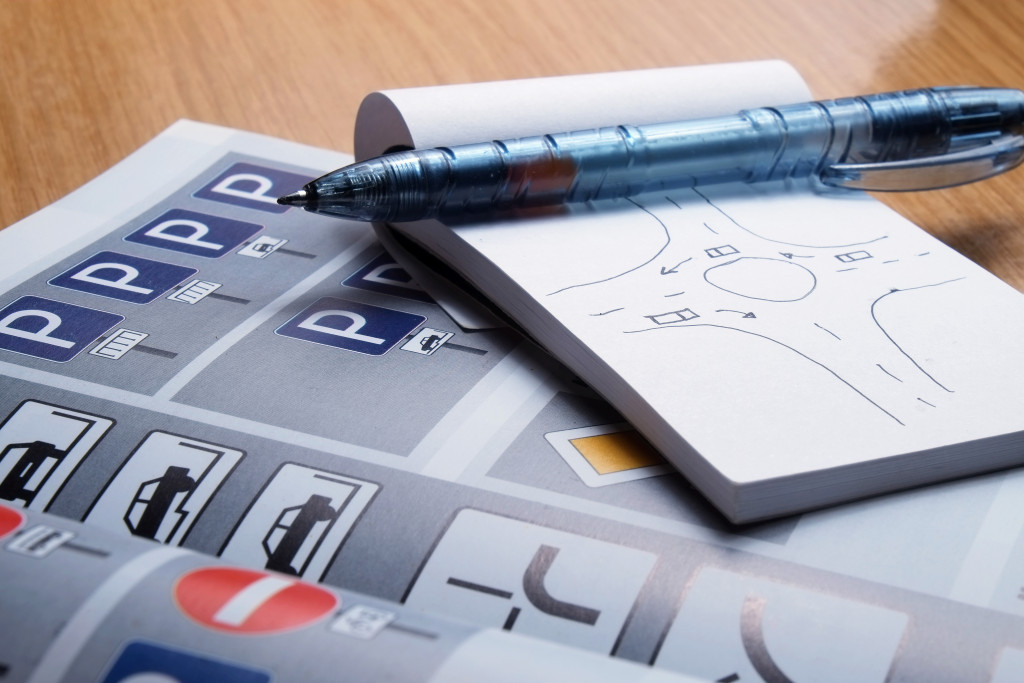Keeping yourself safe on the road isn’t only crucial for your health and well-being, but your safety also impacts those around you on the road. Keeping this check with a larger car may be difficult, but it is doable. Here are six road safety tips when driving large vehicles.
Do Thorough Pre- and Post-trip Inspections
Besides having regular maintenance, having thorough vehicle inspections is crucial. For instance, If you’re driving a trailer truck, it’s best to have an “inspection” beforehand to see if you need to have a new truck hitch installation to secure your cargo, alongside your safety and everyone else’s on the road. Having inspections before and after your drive helps you make sure your vehicle is in its best condition.
Although these inspections are usually required by the Department of Transportation for large vehicles, you’ll need to ensure each one is accurately documented.
Create Preventative Maintenance Schedules
Your safety, alongside your passengers and other drivers, begins with the safety and security of your vehicle. Large vehicles like tractor-trailers or family minivans that aren’t up-to-date with their maintenance are more likely to break down while on the road, which can be dangerous. Luckily, telematics devices can help you create preventive maintenance schedules that suit your vehicle the best — offering real-time visibility into your car’s odometer and engine data.
Using the information gathered can help you develop a balanced preventive maintenance schedule based on your car’s mileage, days, and past breakdown history. Acquiring these keep your vehicle in top condition, ensuring your safety while on the road.
Practice Defensive Driving

Defensive driving is a “special” form of driving that encourages drivers of large vehicles to be consistently on the lookout for hazards and sudden changes regarding driving and road conditions. This type of driving helps you reduce the risk of getting into accidents or injuries by allowing you to anticipate potentially dangerous situations more accurately and make safe and well-informed decisions — all while behind the wheel.
By practicing defensive driving while on the road, you’re less likely to get involved in accidents, allowing you to ensure your and others’ safety with ease.
Learn “Safe Passing”
When driving large vehicles, it’s best to pass other cars safely. However, careful passing is even more crucial near commercial trucks or large SUVs or minivans since they’re big and heavy, meaning they can’t stop as fast as regular-sized vehicles. That’s why to be safe on the road, you need to adjust your speed and brake accordingly, and you can perfect your timing by learning “safe passing.”
When passing large trucks or other generally oversized vehicles, always approach them from the left side since it’ll be easier for the driver to see you. Make sure to keep a consistent speed when passing and always signal clearly in advance. Additionally, when other large vehicles are trying to pass you, slow down to give them space in front to maneuver safely and efficiently.
Use a Dashcam
Technology has become a massive part of the car industry over the last few years, and dash cams are an essential gadget for individuals who drive large vehicles. That’s because besides improving driver safety, dash cams offer many benefits for those with large vehicles, such as gaining security from fake insurance claims.
The best part about dash cams is that they can spot cars on the road changing lanes without signaling and drivers abruptly stopping — helping you avoid accidents along the way.
Load Cargo Carefully
Not many people consider cargo carefully when driving large vehicles because of the ample space it provides. However, to make sure your cargo won’t be a safety issue for you and other drivers on the road, you’ll need to ensure that it’s loaded correctly and secure.
No matter how big or small, never neglect any detail because if your cargo isn’t fully secured, it’ll only get damaged and cause accidents on the road. That’s why you need to find the right equipment you need for different kinds of cargo to ensure your and everyone else’s safety on the road. For instance, you may need to tie down the load or have wedges or chocks to make sure it remains still while driving.
Driving large vehicles like commercial trucks can be dangerous. After all, the risk of getting into a car accident increases with these vehicles since you’ll have wider blind spots and generally have difficulty maneuvering them. Protect yourself and those around you by taking extra precautions, such as the tips mentioned — ensuring a smoother and safer journey.
